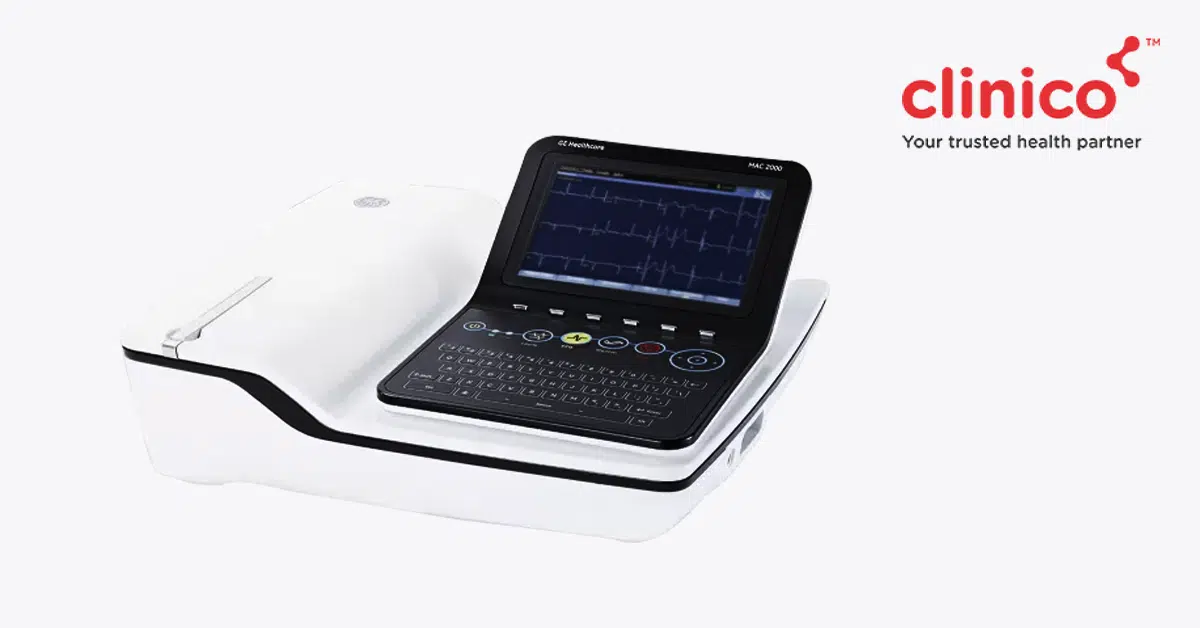
Experiencing chest pain? Feeling discomfort near the heart region??
An ECG test may be required!
This blog will provide all the essential information regarding this common diagnostic imaging test, focusing on what is ECG test, how is ECG test performed, and what ECG test shows.
What is ECG Test?
ECG or Electrocardiogram is a non-invasive & painless test that measures the electrical activity of the heart of an individual to diagnose cardiovascular problems.
It’s also sometimes referred to as EKG or 12-lead ECG and is a very common diagnostic test used across the world.
When to take an ECG Test?
An ECG test may be required in case you’re experiencing the following symptoms that might be an indication of a heart issue:
- Chest pain
- Breathlessness
- Fatigue or weakness
- Feeling of pounding, racing, or fluttering heart
- Lightheadedness or confusion
It’s well-advised to consult your family doctor and get an ECG done if you experience any of the above symptoms. This assumes much more significance if your family has a history of cardiovascular issues.
How ECG Test is Done?
The procedure of an ECG test is simple, completely painless, and swift.
Find below the standard step-by-step procedure followed for an ECG:
- First, you will be asked to lie down on a table and lift your upper body clothes up or remove them.
- A healthcare professional will then apply a specific gel to your arms, chest & legs. He/she will then attach ten electrodes which are linked to the ECG machine, to these 3 body areas.
- You will then be asked to stay still & silent and breath in a normal manner.
- The ECG machine will record the electrical activity of your heart and generate the results on a graph.
- After generating the results, the electrodes will be removed, and the test will come to a conclusion. The whole process usually takes around 5-10 minutes to complete.
What does ECG test result show?
An ECG test result helps diagnose any potential signs of heart issues such as:
- Abnormal heart rate or rhythm
- Heart issues like unusual blood flow, enlarged heart, or birth deformities
- Blocked arteries, or coronary artery disease
- Electrolyte issues, chamber dilation, chamber hypertrophy, or an overview of the movement of electricity inside the heart
Conclusion
Even though the ECG test helps detect various signs of heart problems, it’s more of a screening test rather than a conclusive one. It is generally followed by more conclusive diagnostic tests such as 2D echo, exercise stress test, etc.
In case you have been recommended an ECG by a healthcare professional, then get in touch with the experts at Clinico for best-in-class service!
Call us 24×7 on 9504555555 to schedule an appointment.
https://jamanetwork.com/journals/jamainternalmedicine/article-abstract/652942
https://www.ncbi.nlm.nih.gov/books/NBK536878/
